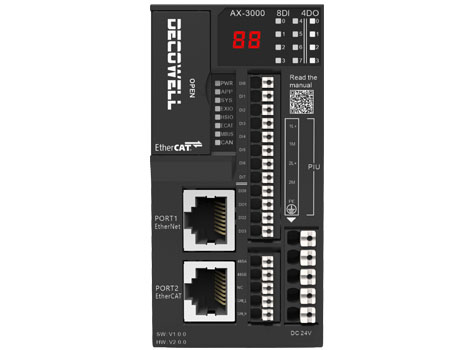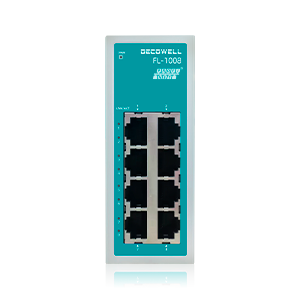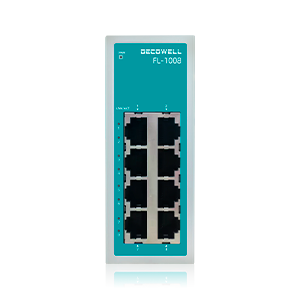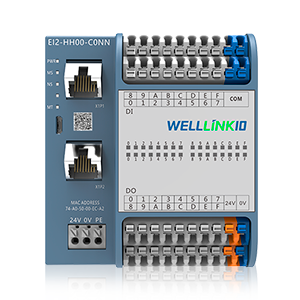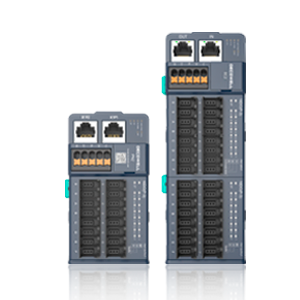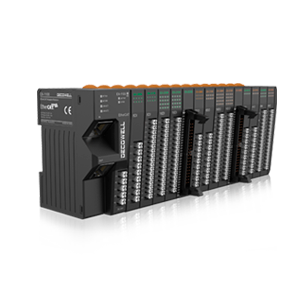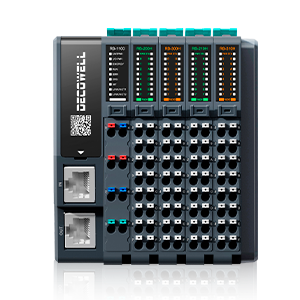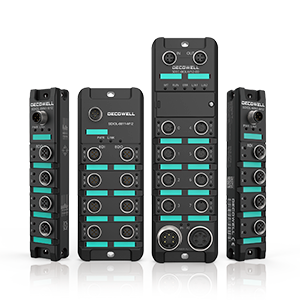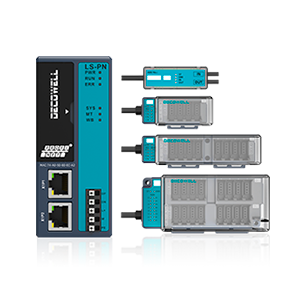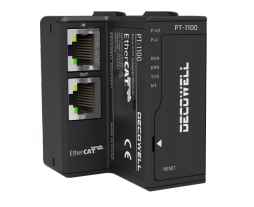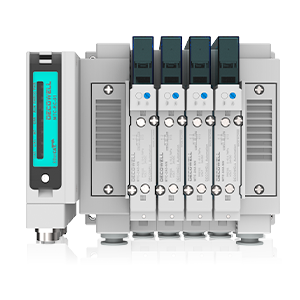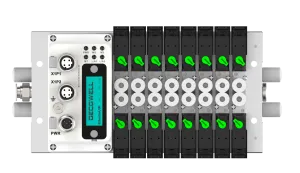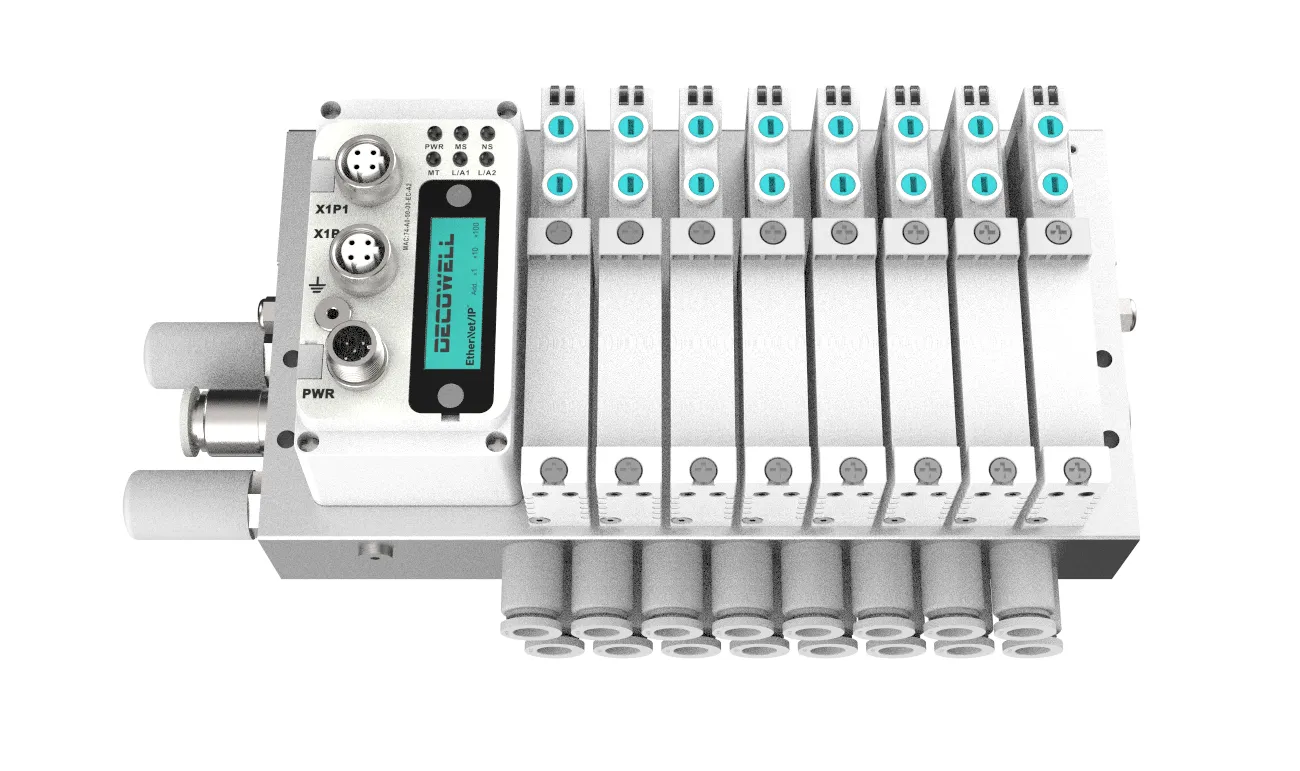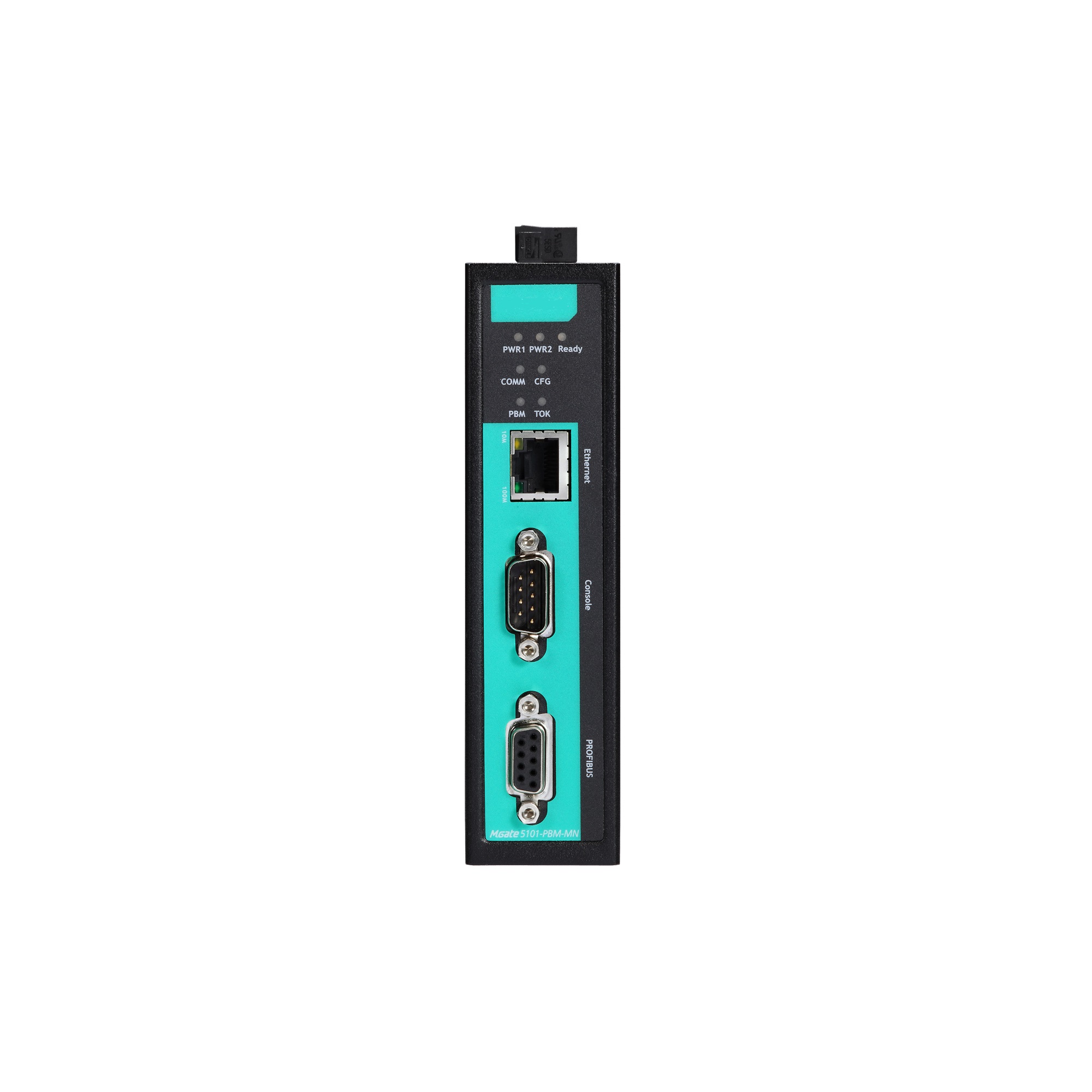
logistics industry
Decowell LS series discrete IO is applied to continuous conveying equipment
Application Background
With the profound changes and technological innovations in the warehousing and logistics industry, various automation equipment are emerging in an endless
stream. Among these many changes, continuous conveying equipment has always been the core component of each internal logistics project, and its efficient
and stable operation is inseparable from the precise and intelligent control component IO module.
Decowell LS series discrete IO can help customers solve pain points such as long on-site wiring, complicated troubleshooting of equipment failures and
maintenance processes, and large workload of equipment transformation, helping customers improve production efficiency, increase stability, and ensure
efficient, reliable, and intelligent operation of production lines.
01 Industry Analysis
Continuous conveying equipment is a mechanical device that transports bulk materials and packaged goods from the loading point to the unloading point
along a certain route continuously and uniformly.
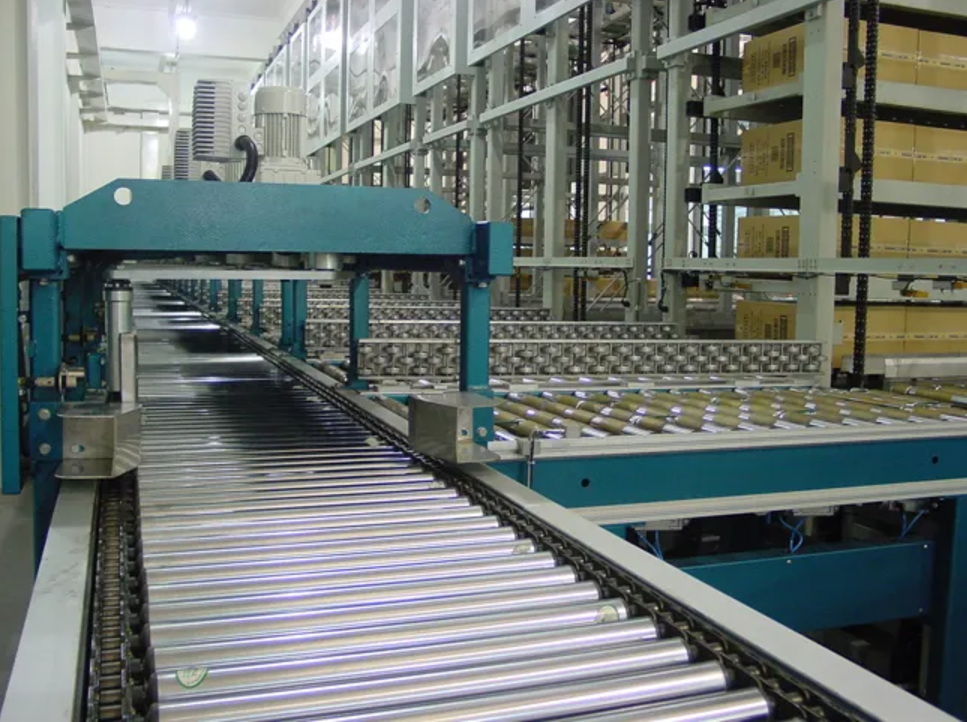
Continuous conveying equipment can convey materials horizontally or vertically. The conveyed goods are mostly piece goods or bulk materials. Its working
characteristics and requirements are as follows:
1. Wide range of conveyed materials;
2. Long conveying distance and large conveying volume;
3. Accurate and convenient loading and unloading of materials;
4. Low energy consumption and high efficiency;
Continuous conveying equipment is developing towards intelligence, modularization, integration, systematization, set-up, safety and reliability, predictive
operation and maintenance.
02 LS module solves on-site pain points
Due to its working characteristics, continuous conveying equipment inevitably has the following pain points, which can be accurately solved by the Decowell
LS module.
Pain point 1: Complex wiring and high-cost
Continuous conveying equipment has a wide range of conveyed materials, long distances, and large conveying volumes, so there are problems with complex
wiring and high wiring time costs; at the same time, traditional conveying lines require additional terminal blocks and power cables, which will also increase costs.
LS module:
Using self-developed WeIIBUS bus technology, a field bus solution is realized that connects all slave devices on-site with one cable, which is simple to wire and
saves wiring time and cost.
The LS module is equipped with a dust cover and can be flexibly installed outside the cabinet. It can be installed near sensors and actuators that need to collect
or control signals in logistics lines and conveyor lines.
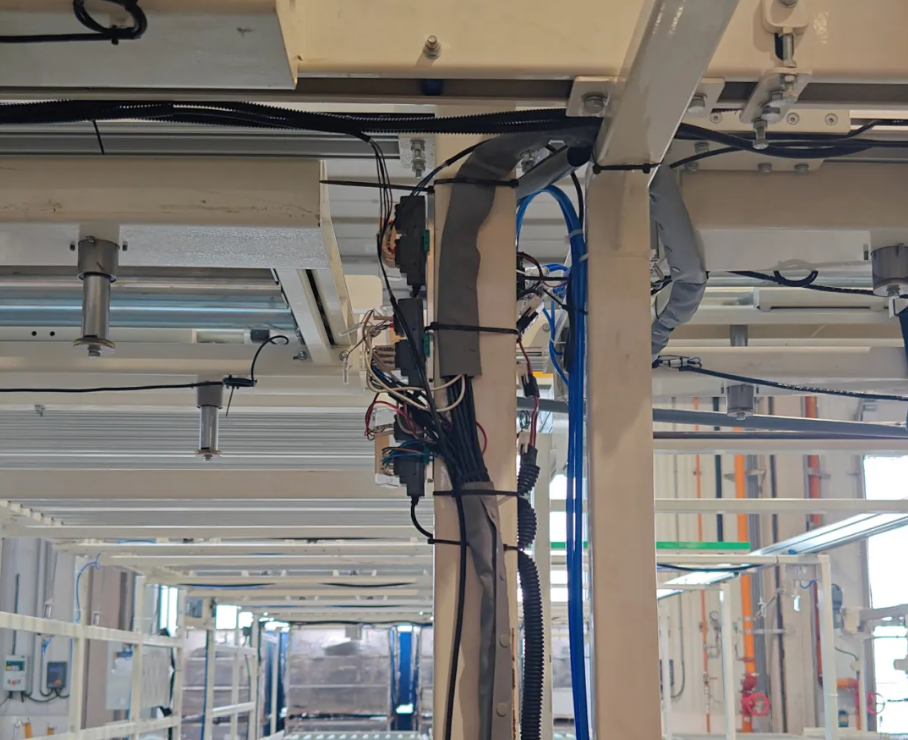
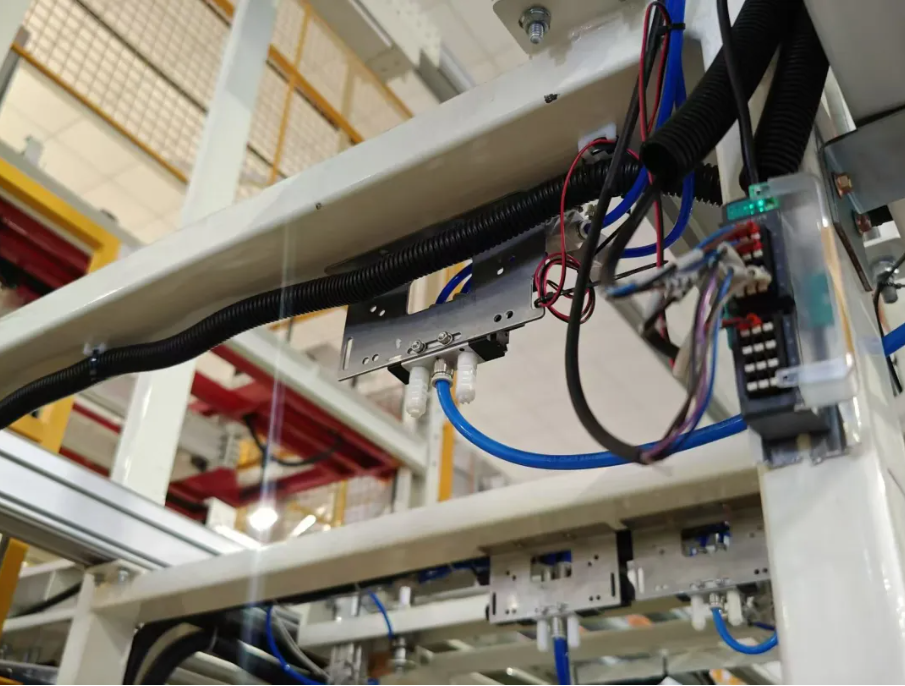
When choosing to install in the cabinet, there is no need to power the module additionally, and there is no need to lay communication network cables. The LS
slave station comes with a set of 24v isolated power supplies, which can easily provide power for sensors and actuators (solenoid valves, 24v relays, etc.), reducing
the configuration of switch power supplies in the cabinet.
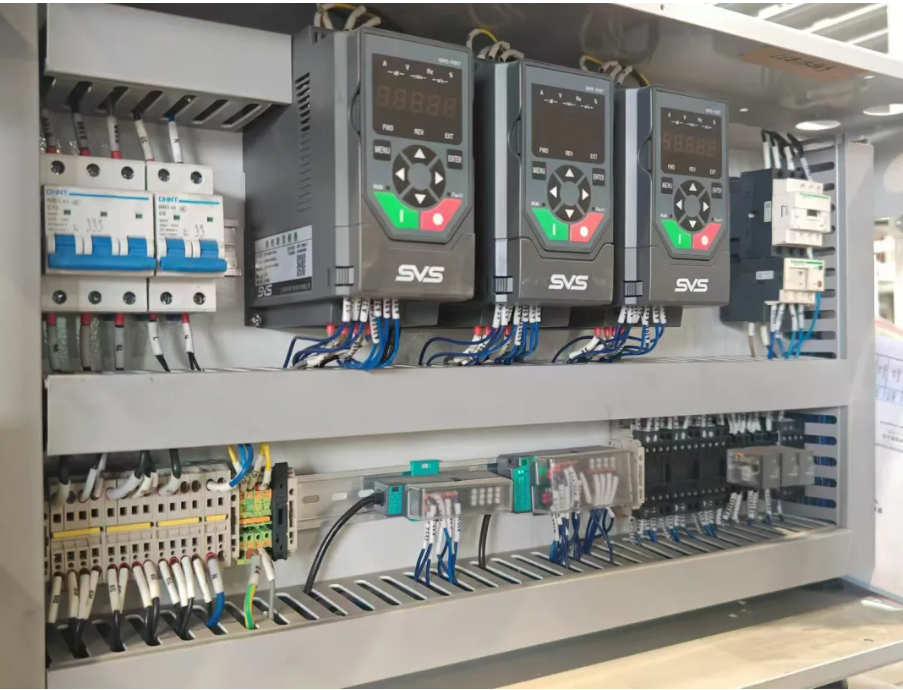
Pain point 2: High equipment maintenance cost and low work efficiency of personnel
Traditional conveyor line fault troubleshooting is difficult, maintenance costs are high, and high-quality requirements are placed on personnel installation and
debugging. Failure and maintenance of conveying equipment may cause the production line to stop running, reducing the reliability and stability of the
production line.
LS module:
When the WeIlBUS bus is abnormal, the master station can monitor the current slave station loss and quickly locate the problematic slave station module,
Which is convenient for on-site problem troubleshooting, reduces downtime, improves production efficiency, and maintains efficiency.
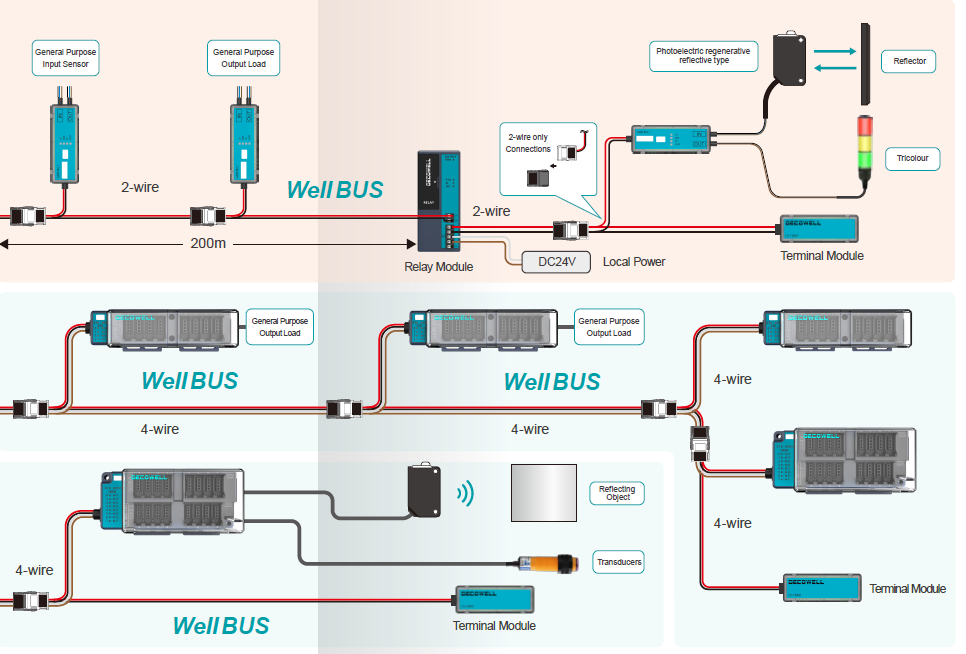
Our company provides the host computer software WellBUS Tester Tool for customers to debug the module, which supports monitoring slave station status,
slave station addressing, slave station dot break detection, short circuit detection, and other functions.
At the same time, the LS module is plug-and-play, efficient replacement, and easy maintenance. Equipped with handheld auxiliary equipment for easy on-site
debugging.
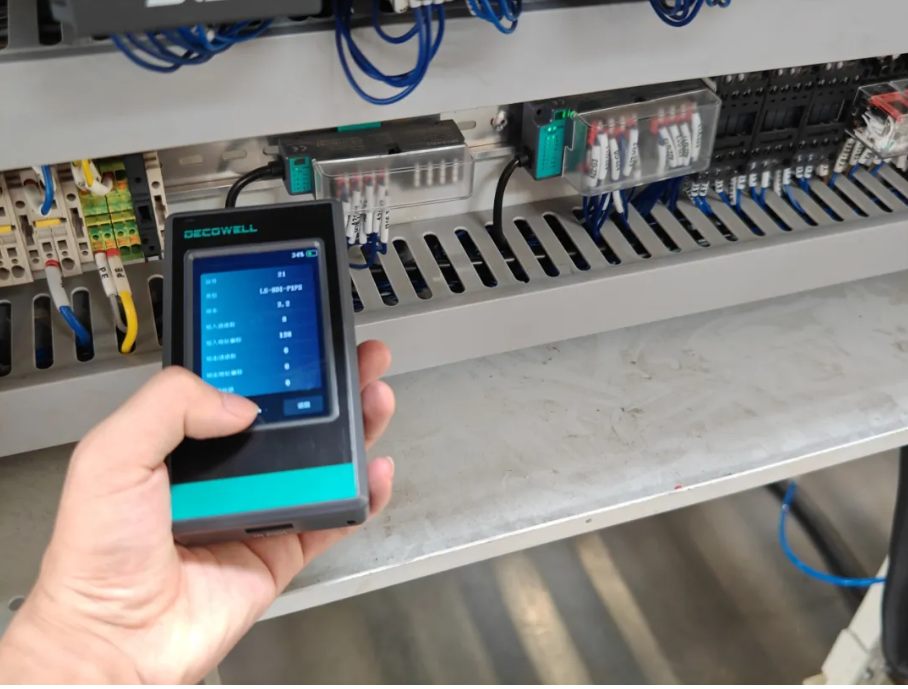
Pain point 3: poor adaptability, lack of flexibility, and large workload of equipment transformation
Some conveying equipment lacks sufficient adaptability and cannot adapt to the changing needs of the production line, resulting in limited production
processes and difficulty in responding to order changes.
LS module:
The WeIlBUS system can be flexibly branched and connected, providing more abundant equipment solutions, and the rack can be freely designed.
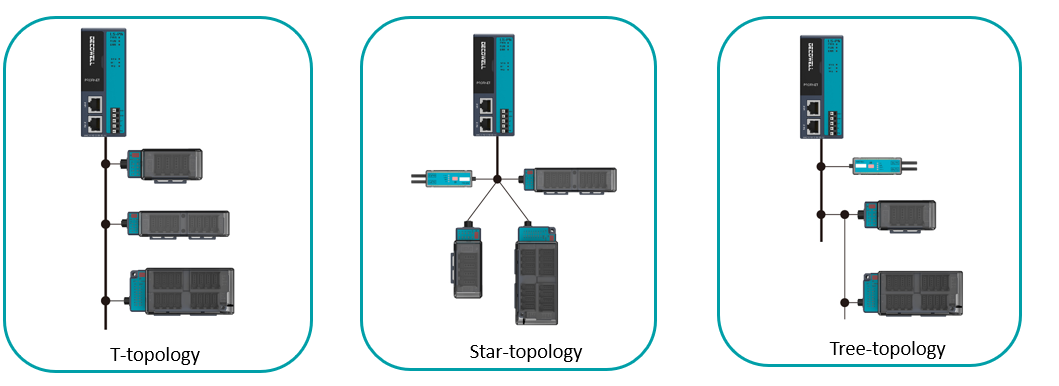
For on-site environments with multiple branches such as logistics lines and conveyor lines, LS modules can meet the needs of various topological branches,
such as star topological branches, T-type topological branches, etc., reaching every corner of the conveyor line.
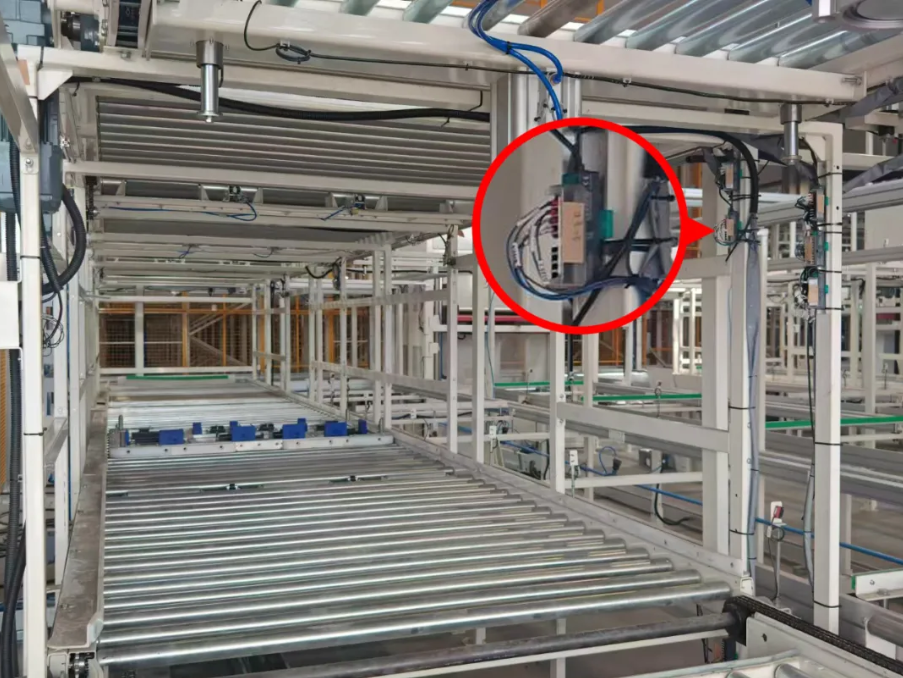
At the same time, LS modules are rich in variety and meet the application of various scenarios.

03 Decowell Solution
Occupancy detection in continuous conveyor lines is a key link to ensure efficient and safe operation of logistics systems.
In this project, the continuous conveying equipment is controlled by the CPU, using an LS-PN master station with 20*4DI&4DO slave stations, 10*8DI&8DO modules,
and 30 WellBUS bus inverters to drive the conveyor belt and collect in-position signals.
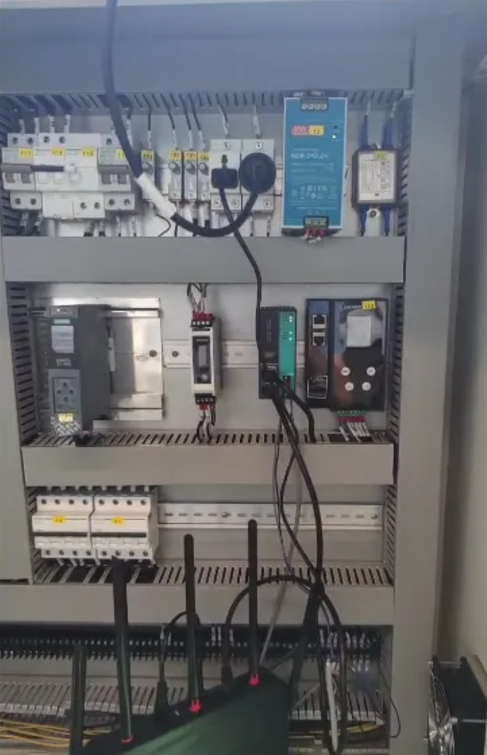
Master: Siemens
Applicable process section: continuous conveying equipment
Project I/O configuration: PROFINET protocol adapter + 30*frequency converters + 10*8DI8DO + 20*4DI4DO
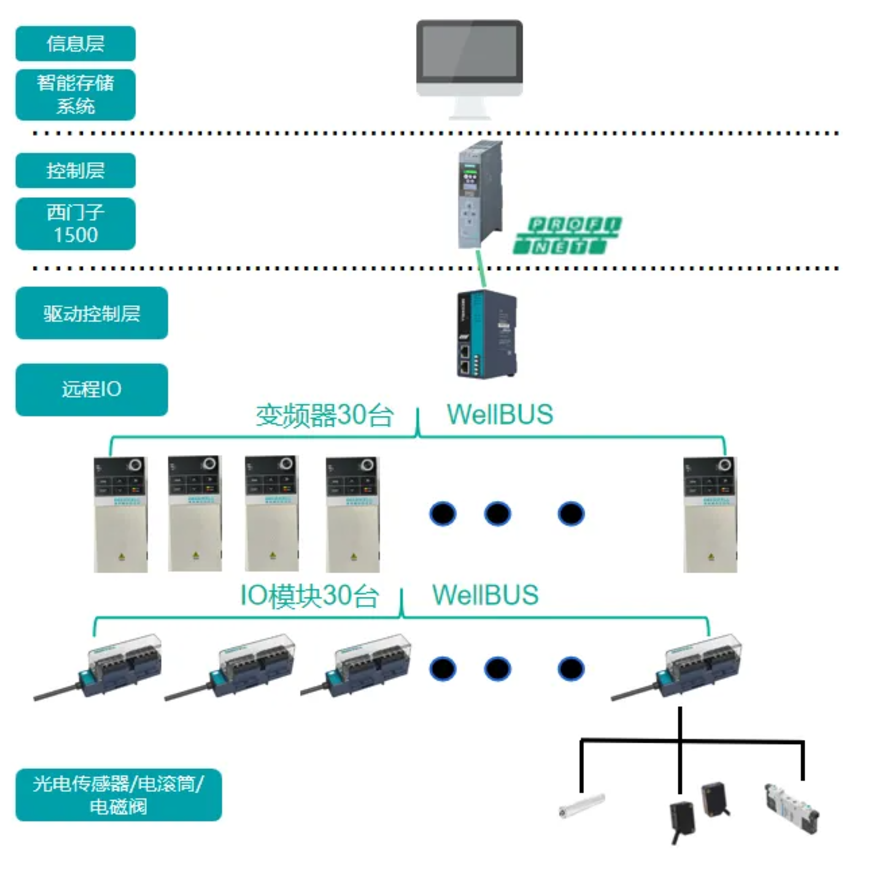
Sensitive and reliable LS discrete IO can unitize the equipment and power the sensor at the same time, saving a lot of wiring work and improving the equipment
molding efficiency.
LS module makes on-site maintenance and debugging, equipment changes, or adjustments extremely convenient. Effectively prevent conveying stagnation or
efficiency reduction caused by pallet blockage or empty load, ensuring a smooth and seamless conveying process.
In intelligent warehousing systems, the use of LS series discrete IO can greatly save space, reduce labor costs, and help enterprises operate efficiently.
